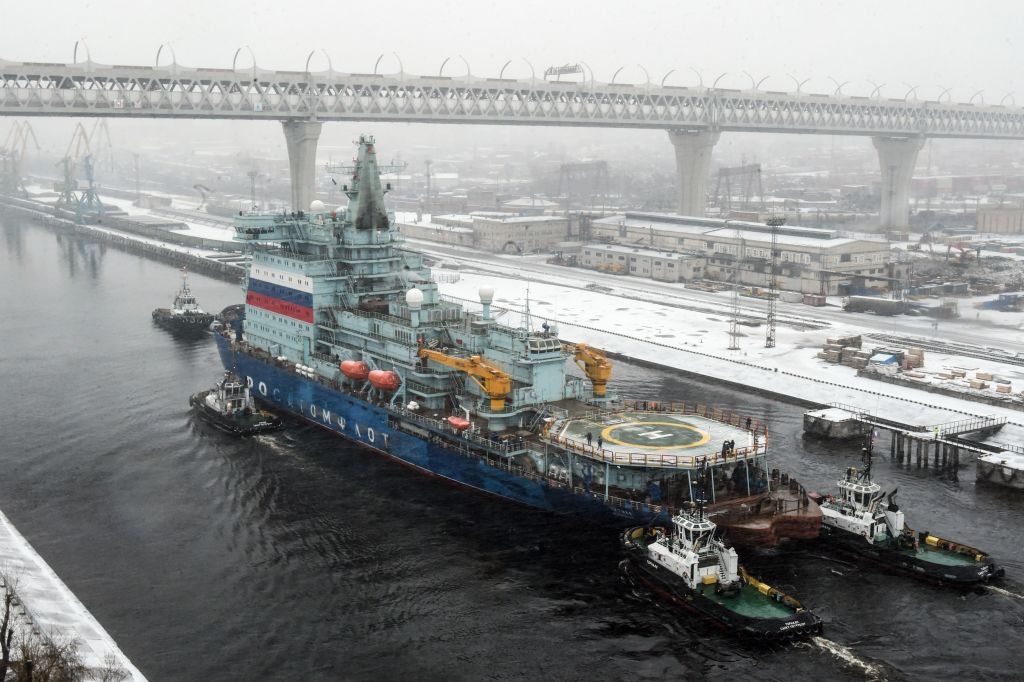These Russian claims have not yet been adjudicated by international law courts, the United Nations, or by any bilateral or multilateral treaty.
Russia's blanket claims of territorial sovereignty pose a direct challenge to "Law of the Sea" conventions such as the "Freedom of Navigation" (FON) principle, championed by the U.S. and other Free World navies.
The aspirations of the five polar nations -- Russia, Denmark, Norway, Canada and the U.S. -- may also have to contend with the ambitions of the People's Republic of China.
Perhaps a prudent path for the U.S. and Free World countries to adopt in the Arctic, given Moscow's comprehensive advance and the China-Russia tandem, would be to maintain its nuclear submarine superiority while closely monitoring Russia's own Northern Fleet based in the Arctic base of Murmansk. NATO successfully carried out this mission during the Cold War.

Moscow sent a spectacular message last month to the world's other Arctic powers: Russia is determined to dominate the region. Pictured: Russia's nuclear-powered icebreaker Arktika in Saint Petersburg on December 14, 2019. (Photo by Olga Maltseva/AFP via Getty Images)
Moscow sent a spectacular message last month to the world's other Arctic powers: Russia is determined to dominate the region. Russian transport aircraft, breaking the record for the highest altitude jump ever, parachuted a group of their Spetsnaz (Special Forces) over the Arctic. from a height of almost 33,000 feet (Mt. Everest is 29,000 feet). Russian paratroops then executed a military exercise operation before reassembling at the Nagurskoye base, the northernmost military facility in Russia.
No comments:
Post a Comment